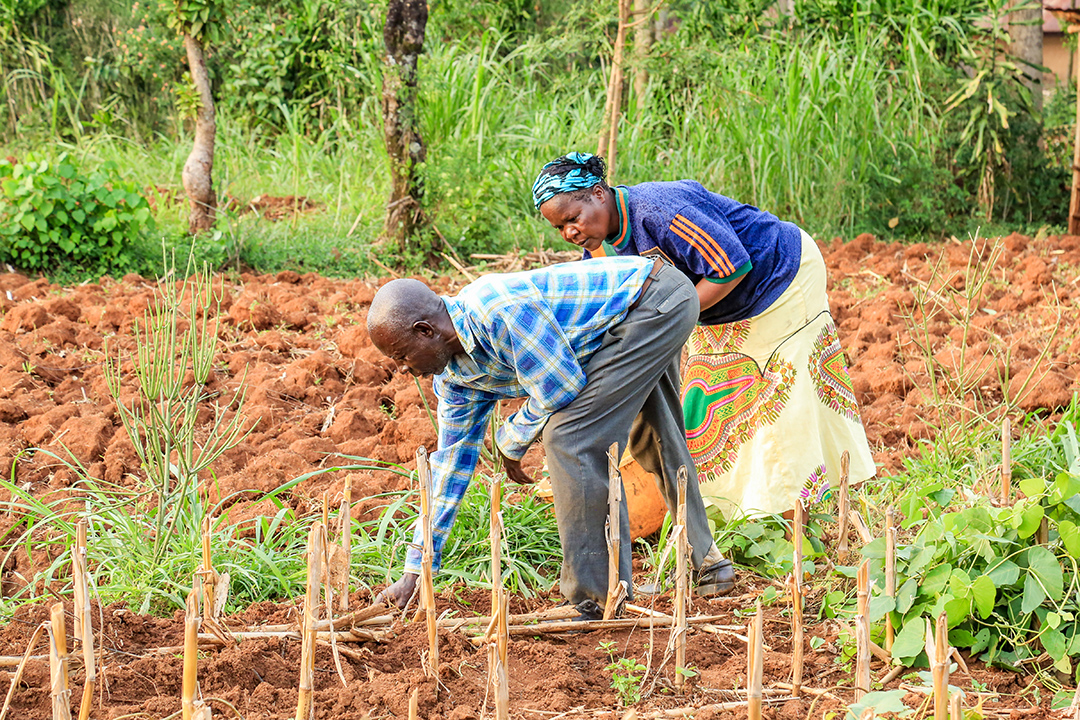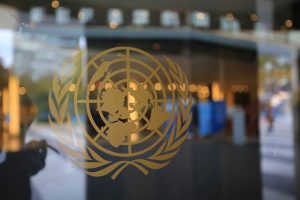The Azerbaijani incoming Presidency of the 2024 UN Climate Change Conference (UNFCCC COP 29) and the Food and Agriculture Organization of the UN (FAO) have unveiled a hub for work on agrifood systems during the Conference. A joint project of the Presidency and FAO, to be formally launched during COP 29, the Harmoniya Initiative will serve as an “aggregator.”
The event introducing the Initiative, ‘Harmoniya 4 Climate Resilience: Empowering Farmers, Villages, and Rural Communities,’ took place on the sidelines of the Bonn Climate Change Conference on 4 June.
“As the impacts of climate change on agriculture and food and water security become increasingly visible, initiatives, coalitions, networks, and partnerships to address these challenges are growing rapidly,” the Earth Negotiations Bulletin (ENB) summary of the event notes.
According to ENB, the Harmoniya Initiative will “facilitate the sharing of experiences and identification of synergies and gaps in work to achieve transformation of agrifood systems.”
Kaveh Zahedi, Director, Office of Climate Change, Biodiversity and Environment, FAO, who moderated the discussions, said the event would introduce the COP 29 Presidency’s mission to empower farmers, villages, and rural communities and to invite stakeholders’ feedback on Harmoniya’s objectives.
Yalchin Rafiyev, COP 29 Lead Negotiator, Deputy Ministry of Foreign Affairs of Azerbaijan, underscored the need to move beyond dialogue and deliver “concrete solutions that bring about real change on the ground.”
Noting that 95% of nationally determined contributions (NDCs) include adaptation and mitigation in the agricultural sectors, Martial Bernoux, Senior Natural Resources Officer, Office of Climate Change, Biodiversity and Environment, FAO, cited the “clear need” for coherence, alignment, and experience sharing to drive transformation.
Motsomi Maletjane, Team Leader, LEG&NAP Unit, UNFCCC Secretariat, underscored that countries often identify agriculture, food systems, and water as priority areas for action on climate change.
During the discussion, farmer groups and country representatives welcomed the Initiative, including its focus on rural communities, women, and small-scale farmers. One speaker highlighted the need to empower farmers to drive change “on the ground,” including by ensuring direct access to investments and funding. Another cited the importance of including the private sector in discussions.
Rafiyev said the Initiative will look at food systems as a whole, seek to build the capacity of farmers, and consider the accessibility of investments and funds. He further noted that the COP 29 Presidency will seek to create an enabling environment for farmers and to engage as much as possible with all stakeholders, including civil society.
UNFCCC COP 29 will convene in Baku, Azerbaijan, from 11-22 November 2024. [ENB Coverage of Harmoniya 4 Climate Resilience Event]


